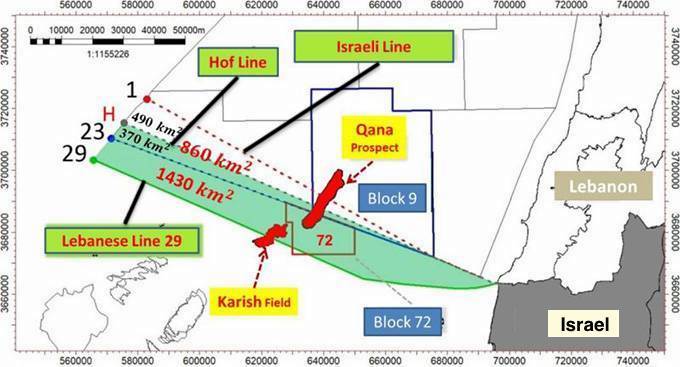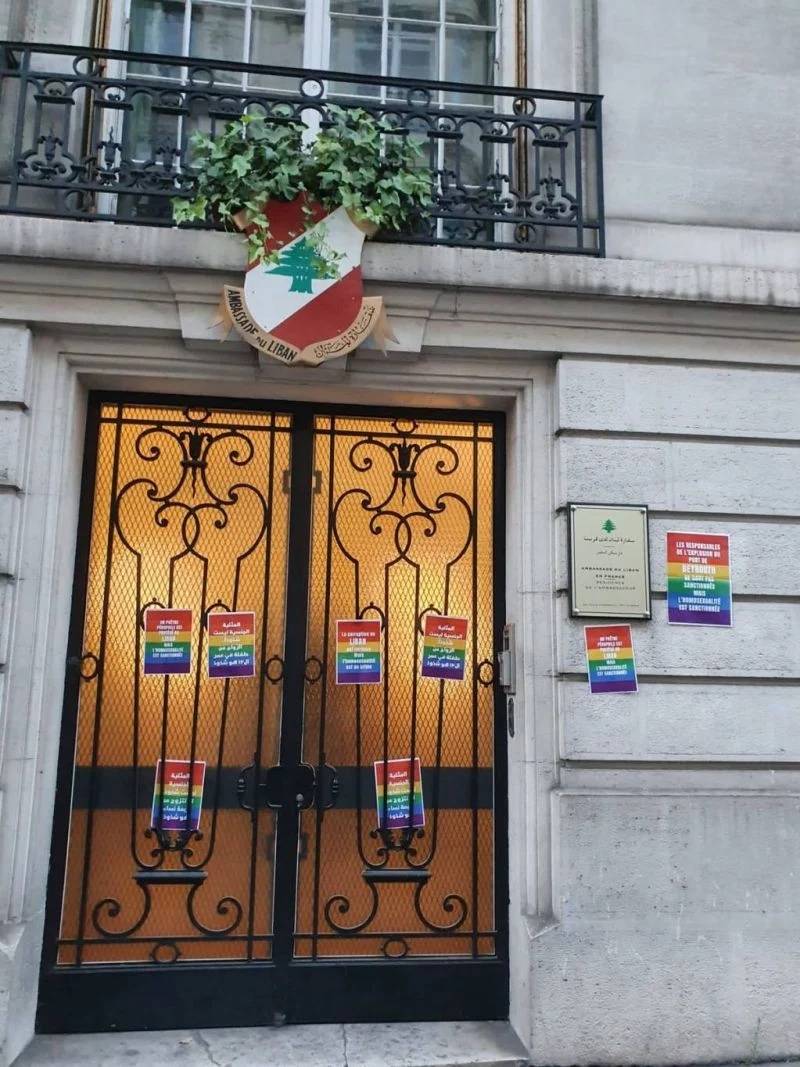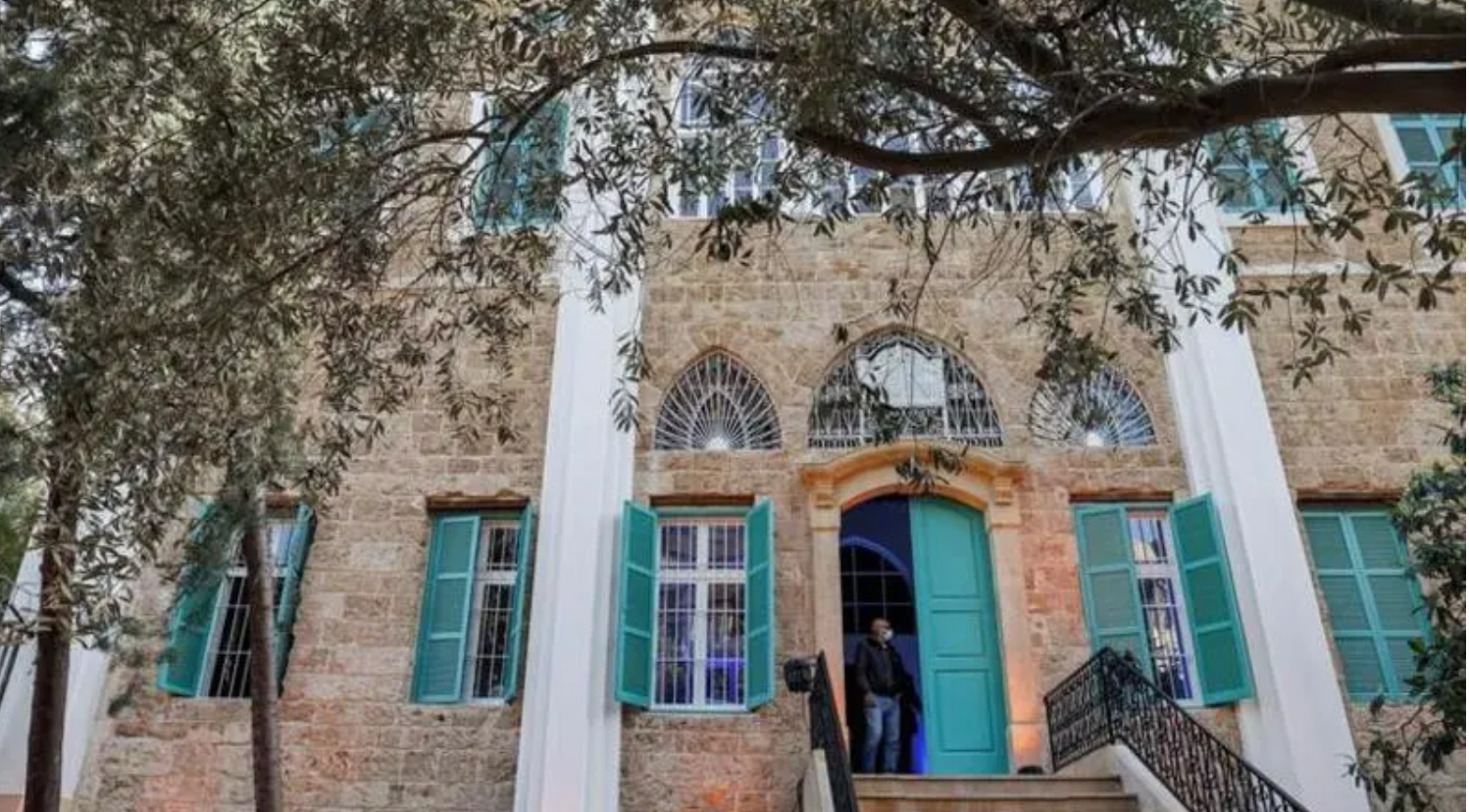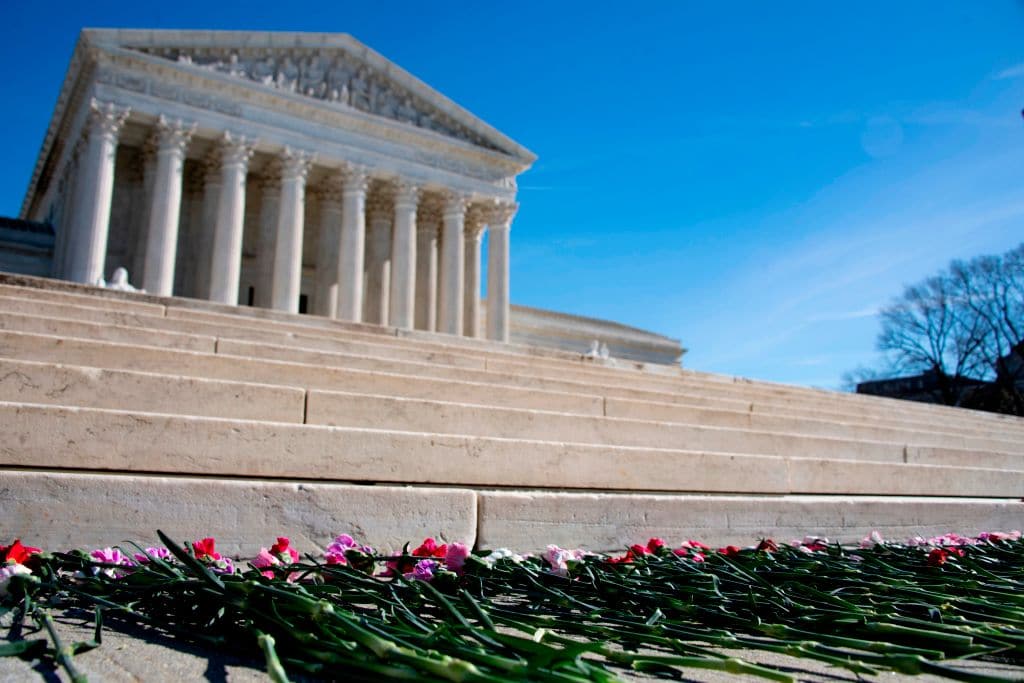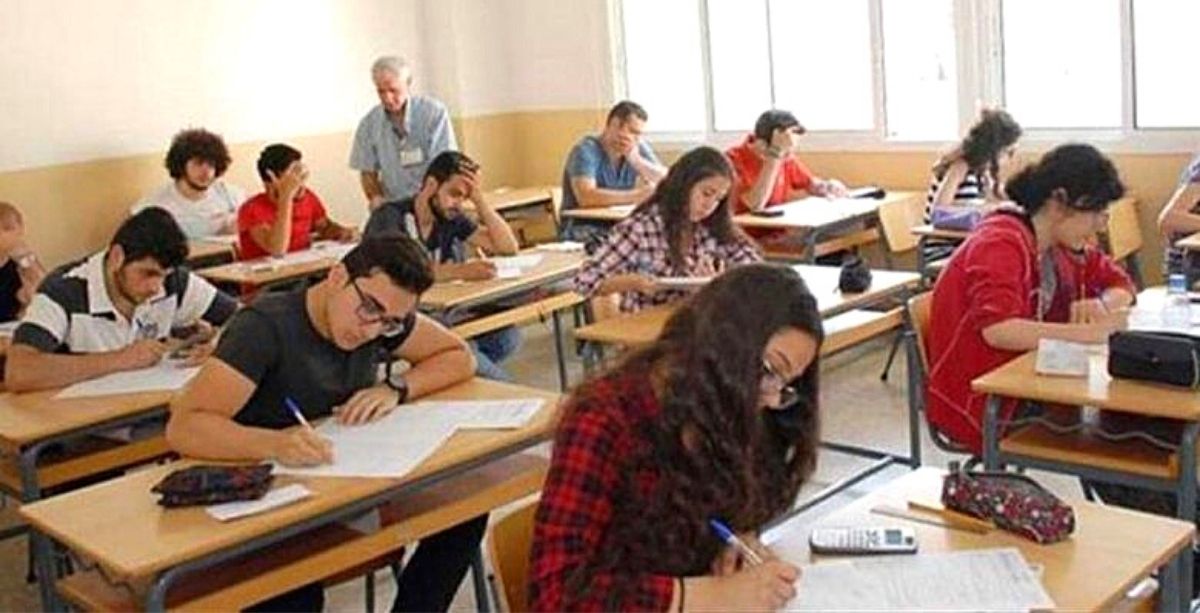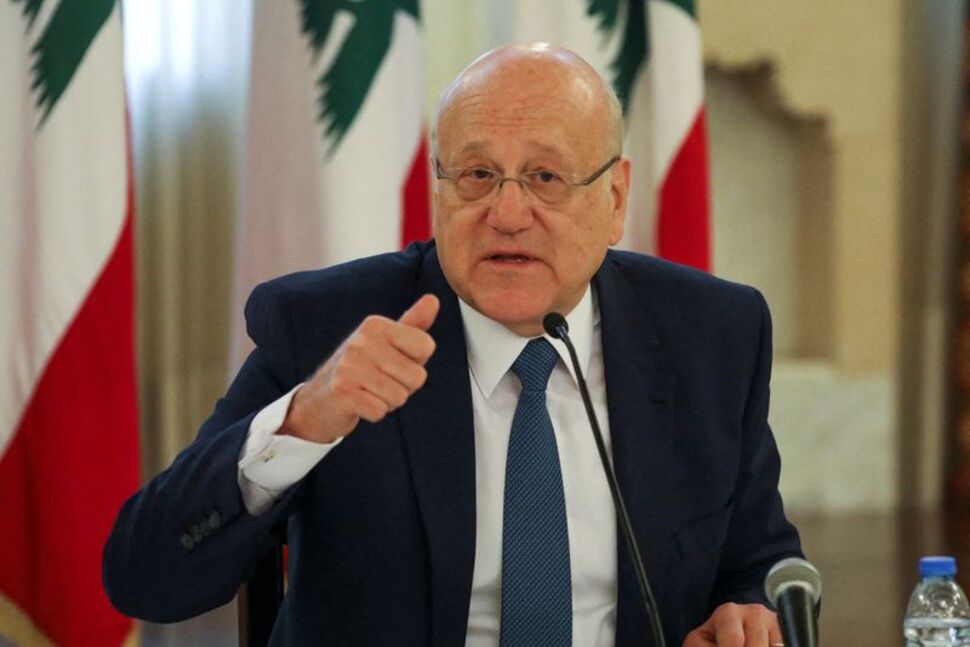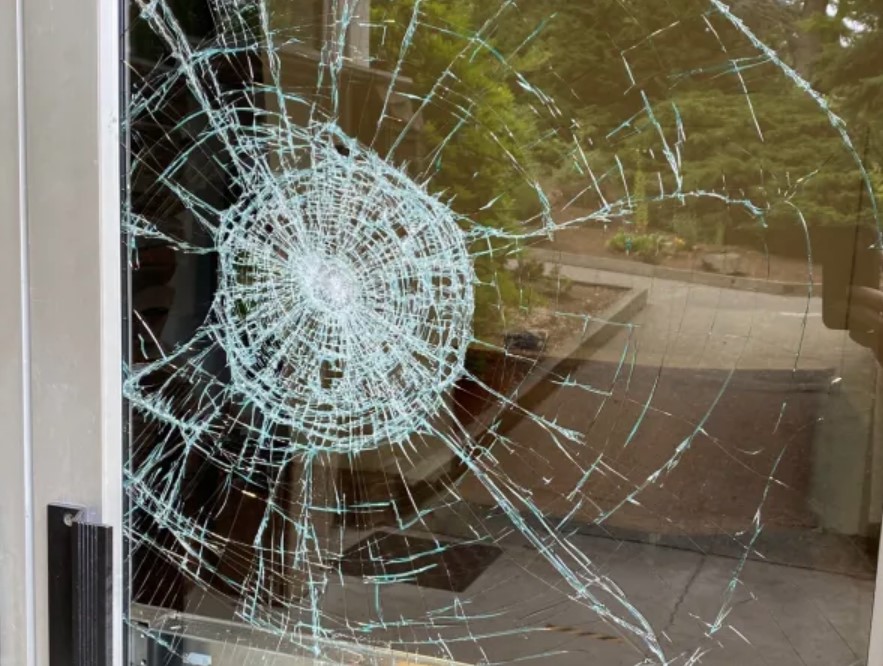
By Joe Bukuras — catholicnewsagency.com — A woman was praying alone in the perpetual adoration chapel early Tuesday morning when the wave of anti-Catholic vandalism and violence sweeping the U.S. struck St. Louise Catholic Church in Bellevue, Washington. Hearing a commotion outside, the woman ventured into the hallway. There, she confronted a masked intruder standing outside the parish center, smashing the glass front door. The person screamed profanities at the woman, who ran back into the chapel. Terrified, she locked the door behind her and called the pastor, Father Gary Zender, while hiding behind a piano. “She called me on my office number just pleading for help to come and get her and rescue her,” Zender told CNA. “She was scared to death.” A surveillance camera captured the frightening incident on video.
The footage shows a masked person with long hair striding up to the door carrying a large rock and pink backpack. The person hurls the rock at the front door, three times, then kicks the door four times, shattering the glass. The person then removes a can of black spray paint from the backpack and begins to write graffiti on the building’s exterior. Next, the assailant makes obscene gestures toward the door, smashes the glass again with the can of spray paint and pushes the door. Then the person appears to scream at someone inside the building before continuing to spray-paint the building’s exterior and sidewalk. Graffiti legible in photos provided by the police reads “woman haters,” “groomers rapists,” and “the church is child abuse,” among other words. You can watch the surveillance footage in the video below. The attacker, who entered the church property around 9:30 a.m., also smashed a different glass door at the parish hall and defaced a statue of Our Lady, Undoer of Knots, Zender said. He estimated the damage at $10,000.
